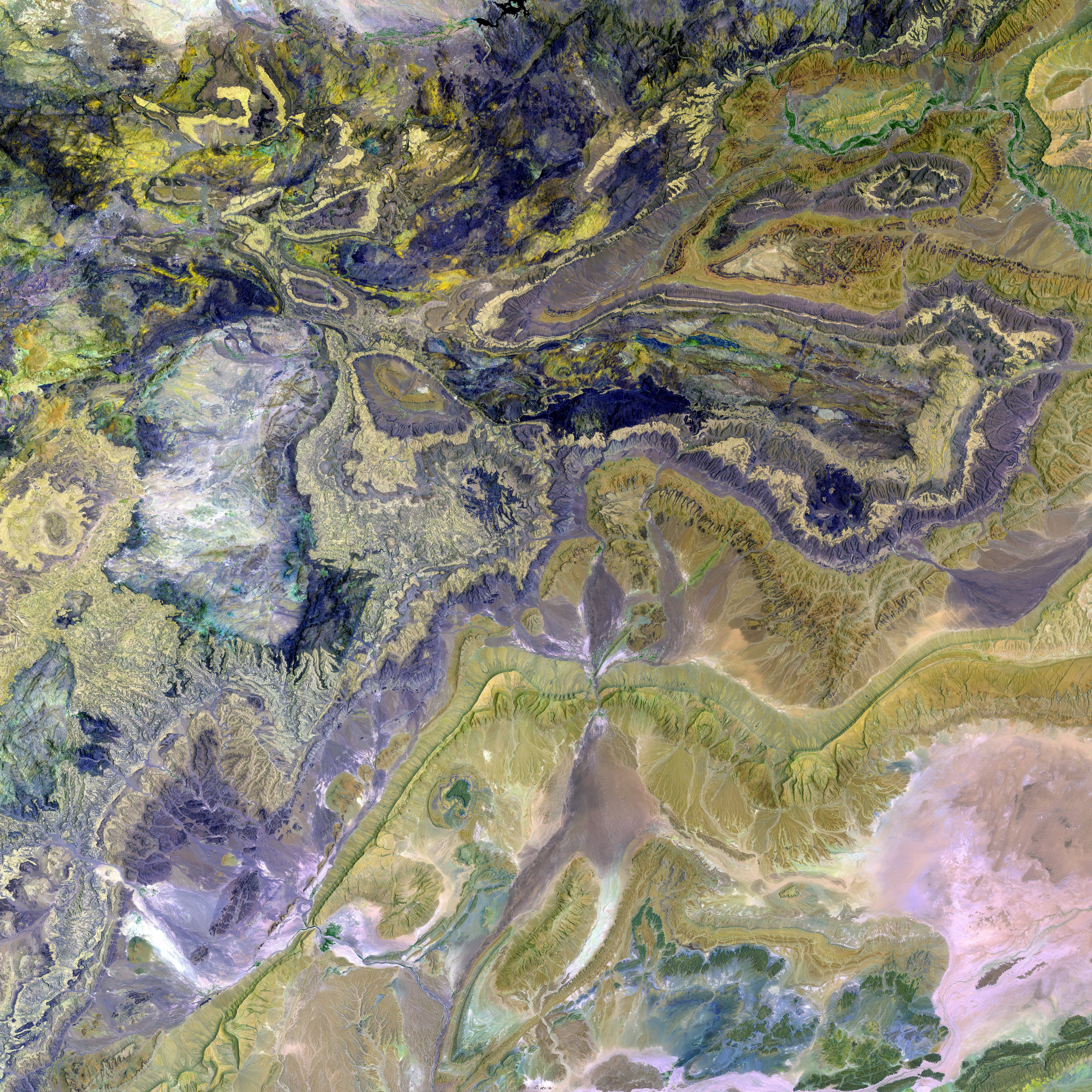Monitoring Biological Diversity throughout the Mediterranean Region
Researchers Unveil Large-Scale Biodiversity Dataset
Researchers from Frederick University in Cyprus have announced the creation of a comprehensive biodiversity dataset through the use of passive acoustic monitoring. This method involves recording devices set in natural environments to collect audio data. The dataset, consisting of over 300,000 audio files, is being utilized by researchers to identify species and analyze biodiversity patterns across Cyprus.
By contributing to the development and improvement of species recognition algorithms, the project aims to enhance the tracking of vocalizing animals in the Mediterranean, particularly as human activity continues to disturb natural soundscapes. This initiative, part of the "Worldwide Soundscapes" project, is an international effort combining metadata from 416 datasets, covering various ecosystems globally, including terrestrial, marine, freshwater, and subterranean realms.
To access this dataset, interested parties should visit the Worldwide Soundscapes project platform or relevant data repositories mentioned in the associated publications or project descriptions. Researchers may also find the dataset through research data portals or repositories linked with the project authors or host institutions. While the direct link to the Frederick University-specific dataset may not appear in search results, the Worldwide Soundscapes project serves as the central hub for these data and is publicly documented in scientific literature.
Researchers interested in accessing the dataset are encouraged to check the Worldwide Soundscapes project website or contact the project coordinators or Frederick University’s related research department for further information. This large-scale dataset promises significant insights into biodiversity patterns across Cyprus and has the potential to revolutionize the study and conservation of various species in the Mediterranean region.
- The dataset, a product of research in environmental science, contains over 300,000 audio files and is being used to improve algorithms for species recognition, contributing to the understanding of biodiversity patterns in the Mediterranean.
- The project, part of the "Worldwide Soundscapes" initiative, combines data from 416 datasets worldwide, including marine, freshwater, terrestrial, and subterranean realms, and focuses on enhancing the tracking of vocalizing animals through advanced technology.
- Researchers and interested parties can access the dataset through the Worldwide Soundscapes project platform, data repositories mentioned in associated publications or project descriptions, or research data portals linked with the project authors or host institutions.




